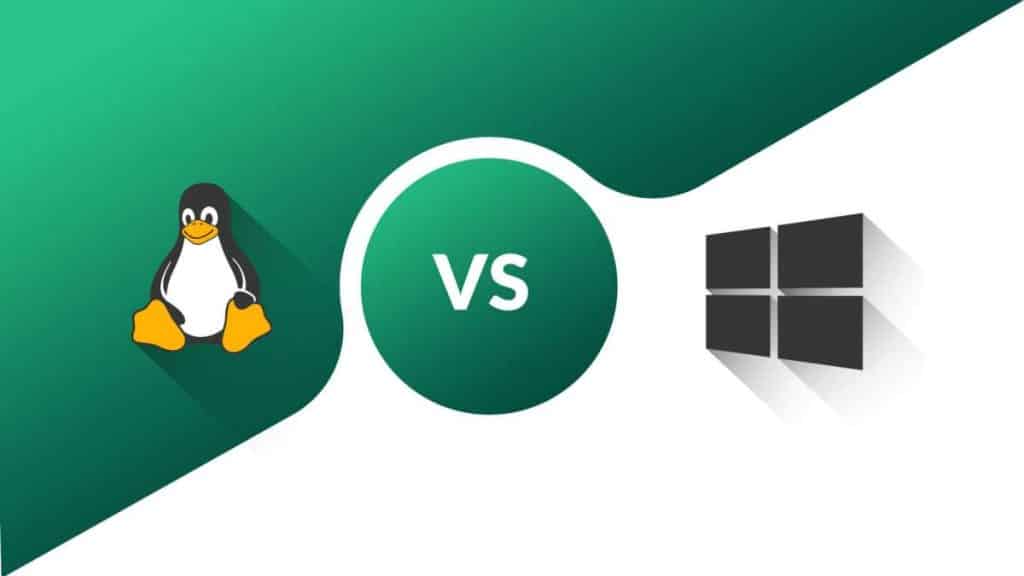When it comes to kicking your website up a notch from shared hosting, Virtual Private Servers (VPS) offer a compelling blend of power, security, and control. But with two major operating systems to choose from – Linux and Windows – selecting the right VPS can feel daunting. Don’t worry, this guide will dissect both options to help you make an informed decision.
Under the Hood: The OS Showdown
The core difference between Linux VPS and Windows VPS boils down to the operating system powering your virtual server.
- Linux VPS: Renowned for its stability, security, and affordability, Linux is an open-source OS. This translates to a wider range of customization options and a massive, helpful online community. Popular choices include Ubuntu, CentOS, and Debian.
- Windows VPS: A familiar interface for Windows users, Windows VPS offers seamless integration with Microsoft products like ASP.NET and SQL Server. It’s generally considered more user-friendly but comes with licensing costs that can inflate the price tag.
Cost Considerations
Budget-conscious users will find Linux VPS a clear winner. The open-source nature of Linux keeps costs down for hosting providers, who can then pass on those savings to you. Windows VPS, on the other hand, factors in licensing fees, making it a pricier option.
Flexibility and Customization
Power users and developers will find themselves at home with Linux VPS. The open-source environment allows for deep customization and tinkering, giving you complete control over your server configuration. If you’re comfortable with command lines and managing your server environment, Linux offers unparalleled flexibility.
Windows VPS, while not as customizable, offers a familiar graphical interface for those accustomed to Windows desktops.
Software Compatibility
The software you plan to run on your VPS is a crucial deciding factor.
- Linux VPS: Shines with open-source software like PHP, MySQL, and Apache – the building blocks of many websites.
- Windows VPS: The ideal platform for ASP.NET, SQL Server, and other Microsoft-based applications.
Security
Both Linux and Windows VPS are secure environments, but Linux generally has a reputation for being more resistant to attacks due to its open-source nature. The large community of developers constantly identifies and patches vulnerabilities.
The Verdict: It Depends
There’s no one-size-fits-all answer. Consider these factors:
- Budget: Linux VPS is the clear winner for cost-conscious users.
- Technical Expertise: Comfortable with command lines? Go Linux. Prefer a familiar interface? Choose Windows.
- Software Needs: Running Microsoft-centric applications? Windows VPS is the way to go. Otherwise, Linux offers broader compatibility.
Ultimately, the best VPS option depends on your specific needs and preferences. By carefully considering these factors, you’ll be well-equipped to choose the perfect VPS to power your website or application.
FAQs
Can I switch between Linux and Windows VPS later?
While technically possible, it can be a complex process involving migrating your data and applications. It’s best to choose the right VPS from the outset to avoid these hassles.
What if I don’t have any technical experience?
Many VPS providers offer managed hosting options, where they handle server administration tasks for you. This can be a good option for beginners who are unfamiliar with server management.
Is there a way to try out a VPS before I commit?
Several providers offer free trials or money-back guarantees, enabling you to evaluate their VPS service before committing to a long-term plan.
What are the security implications of each OS?
Both Linux and Windows require ongoing security updates to stay protected. However, due to its larger user base, Windows tends to be a bigger target for attackers. It’s crucial to choose a reputable VPS provider with robust security measures in place.

